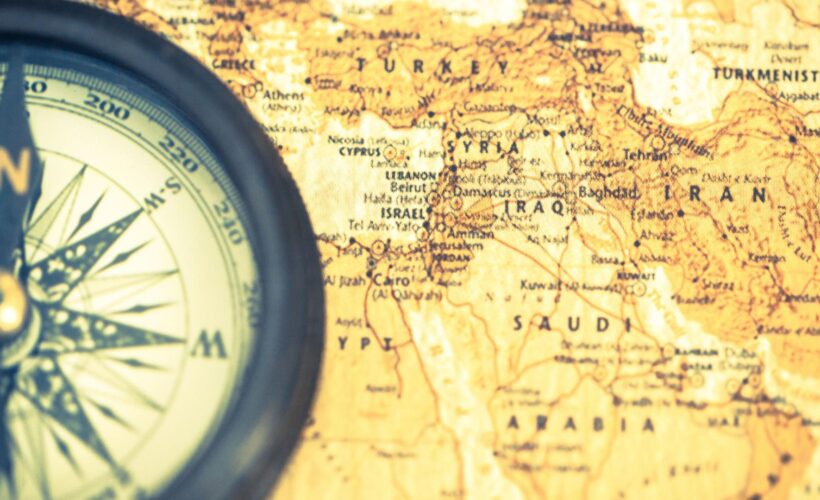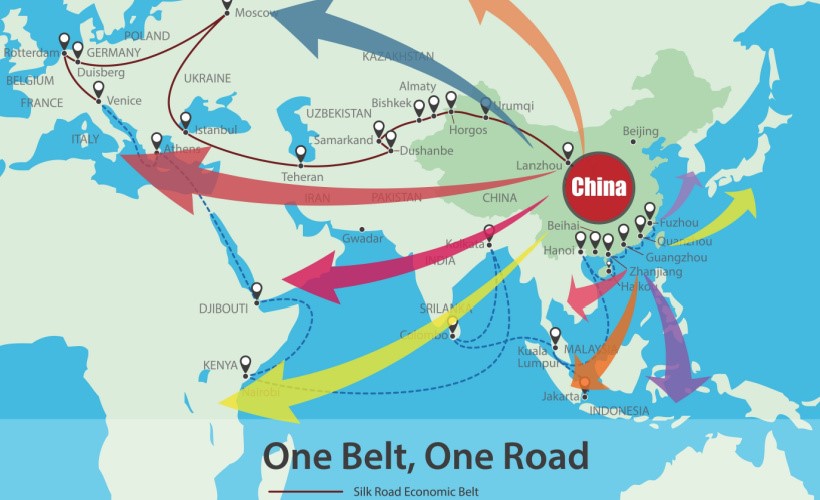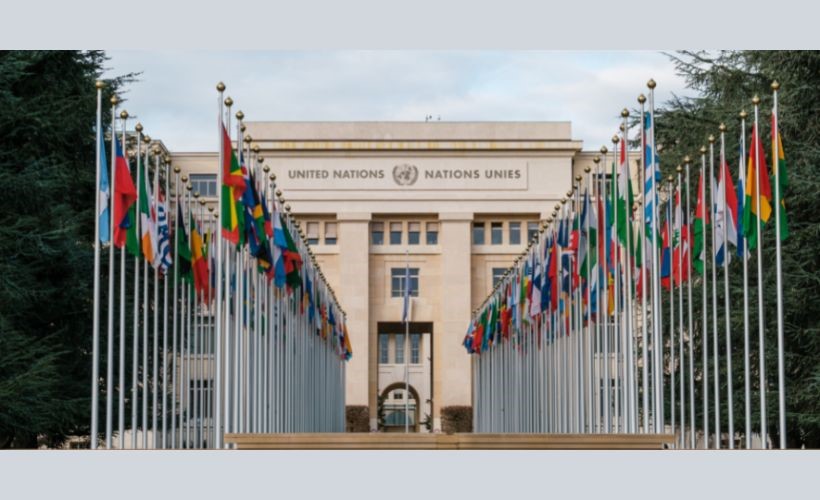How can politicised militaries, known to fare poorly in terms of battle efficiency, survive conventional battles? What practical combination of political loyalty and military competence do they achieve under the pressure of military encounter? And what does it mean for their future in regular and irregular warfare? In this talk, Dr Maryam Alemzadeh explores the performance of the Islamic Revolutionary Guards Corps (IRGC) at the beginning of the Iran-Iraq war to offer answers to these questions. She takes a micro, individual-level analytical approach using in-depth interviews with members of the IRGC and the Iranian regular army, as well as war documents, news reports, and Iranian Parliament briefs. Dr Alemzadeh also demonstrates that limited skills and semi-professional formations shaped on the ground through the first year of the war, gradually transforming the IRGC into a liminal expert force dubbed as ‘revolutionary’, and discusses how the organisation remained dependent on this path during the war and even afterward.
Dr Maryam Alemzadeh is Associate Professor in History and Politics of Iran at the Oxford School of Global and Area Studies (OSGA) and a Middle East Centre Fellow. She holds a PhD in sociology from the University of Chicago (2018). Before joining Oxford, she was a Junior Research Fellow at the Crown Center for Middle East Studies at Brandeis University, and a Postdoctoral Research Associate at Princeton University’s Sharmin and Bijan Mossavar-Rahmani Center for Iran and Persian Gulf Studies.







